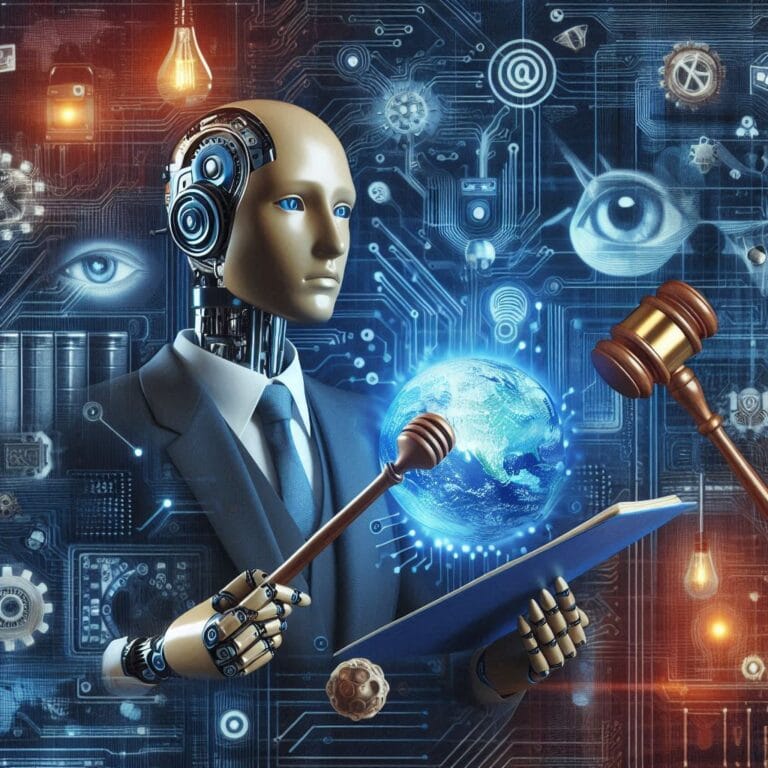Legal Challenges of AI-Generated Art: The Future of Copyright
As AI technology advances, the debate over copyright for AI-generated art intensifies. This article explores the legal landscape, offering insights into how creators can protect their innovations while understanding the broader implications for the industry.
The Legal Landscape of AI Art
With AI tools becoming integral to art creation, questions about authorship arise. Historically, copyright protects human-created works, but AI blurs these lines. Legal clarity is essential to safeguard innovations blending human and machine creativity.
Key Concerns for Artists
- Artists fear that without protections, AI could replicate their unique styles, threatening livelihoods.
- This case highlights the need to update copyright laws to reflect modern practices.
Implications for Brands and Marketers
The outcome affects not only artists but also brands using AI. A favorable ruling may recognize AI-generated works as copyrightable, offering new protection avenues. Conversely, a negative ruling could stifle creativity and create legal uncertainties.
Future Considerations
As this legal battle unfolds, understanding its implications is crucial for marketers and creators. Preparing for potential shifts in law is essential as human and machine-generated content continues to evolve.
Conclusion
This lawsuit raises critical questions about copyright in the age of AI, prompting broader discussions on valuing creativity amidst technological dominance. The outcome could redefine protections and inspire new ways for creators and brands to engage with technology while safeguarding their innovations.
Stay informed on this evolving topic to adapt your creative and marketing strategies effectively.
WIRED
#AIArt #CopyrightLaw #IntellectualProperty #AIinMarketing #CreativeInnovation



